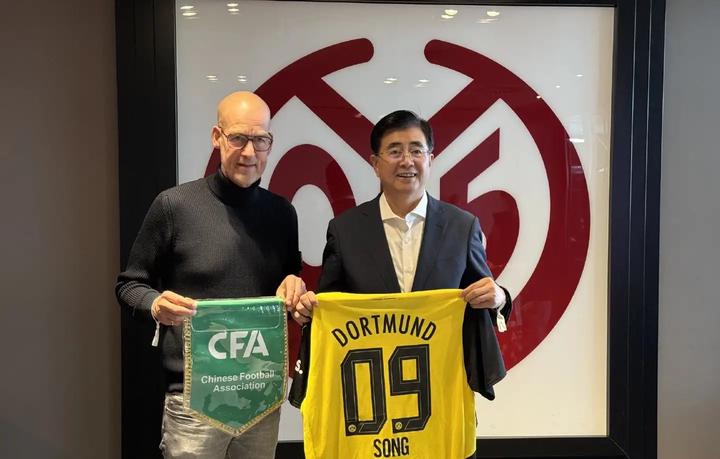China's Football Reform Under Song Kai
After one year as Chinese Football Association chairman, Song Kai has made notable progress in international relations, league system reforms, and youth development, though significant challenges remain in transforming Chinese football’s fundamental structures.

Song Kai’s first year as Chinese Football Association (CFA) chairman has brought measured changes to Chinese football across multiple domains. His low-key approach contrasts sharply with his predecessors, focusing on systematic reforms rather than grandiose promises.
In international football diplomacy, Song has worked to repair damaged relationships with the Asian Football Confederation (AFC). Key achievements include China’s successful bid to host the 2025 U20 Asian Cup and reintroducing AFC elite referees to Chinese Super League matches. These efforts demonstrate a pragmatic approach to rebuilding China’s standing in Asian football.
Regarding domestic leagues, Song’s administration has implemented several meaningful reforms. The expansion of China League One (second tier) to 20 teams and plans for further expansion to 24 teams by 2025 show a commitment to broadening the professional pyramid. The modification of foreign player quotas to “7655” (allowing 5 foreign players on field) aims to balance domestic player development with competitive quality.
Perhaps most significantly, Song has prioritized youth development. The establishment of the U21 league and integration with professional clubs through the B-team system represents an innovative approach to bridging the gap between youth and professional football. Youth training centers like Luneng Football School and Evergrande Football School continue their vital role in player development, with recent graduates making promising appearances in youth national teams.
However, the reform’s true effectiveness will be measured by long-term outcomes. The structural challenges in Chinese football - including insufficient grassroots participation, weak school football programs, and inconsistent youth development pathways - require sustained, systematic solutions beyond any individual administrator’s tenure.
While Song’s first year has laid groundwork for positive change, transforming Chinese football remains a generational project requiring patience and persistent effort across all levels of the game.